

The 20-Year Timeline (2005–2025)
2005
2006-2008
2009
2011
2012
2013
2014
2015
2016
2017
2018
2019
2020
2021
2022-2023
2024
2025
Symfony 1.0 Released
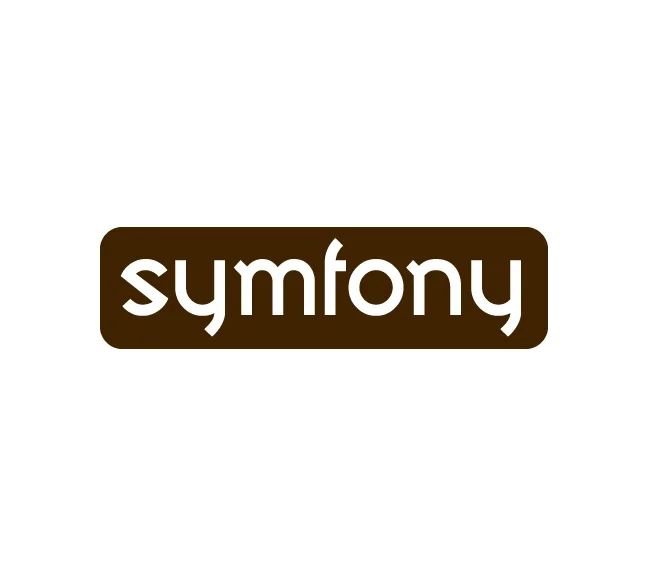
2006-2008
2 years of evolution and improvement
-
Community
Rapid community growth and the emergence of Symfony meetups and early contributors.
-
Evolution
Symfony 1.1–1.4 bring modularity via plugins, YAML-based configs, enhanced forms, caching, and MVC refinements.
-
Blog
Launch of “A Week of Symfony”, fostering sharing of tips and best practices.
First SymfonyLive conference!
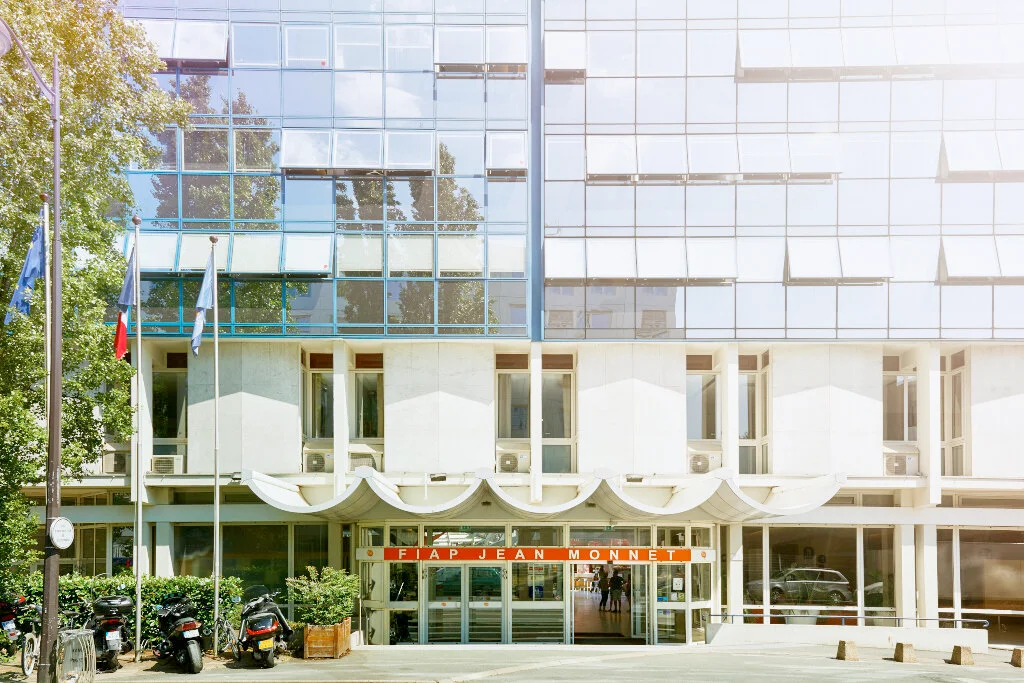
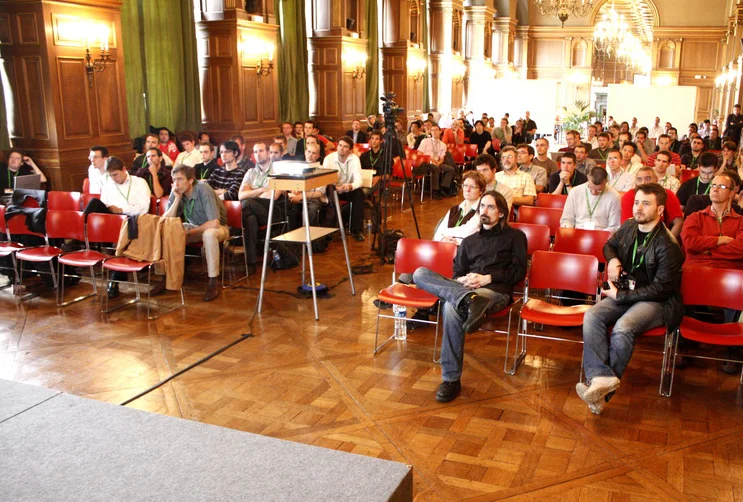

Twig 1.0 Released

Symfony 2.0 Released
-
Components
Complete componentization: each feature becomes a decoupled, reusable PHP package.
-
Security
Full security audit of the framework codebase.
-
Dependency Injection Container
Centralized DI container enables modular, testable and maintainable architecture.
2012
The Rise of the Symfony Ecosystem
-
Composer
Composer is introduced and quickly embraced by the Symfony ecosystem, changing how dependencies are installed and managed.
-
Adoption
Symfony Components become the foundation for major PHP projects: Drupal, Laravel, phpBB, and more.
-
Bundles
Reusable bundles grow in popularity, enabling faster, modular development.
-
BCP
The Backward Compatibility Promise is introduced, bringing stability and confidence to long-term projects.
Symfony Certification Goes Global
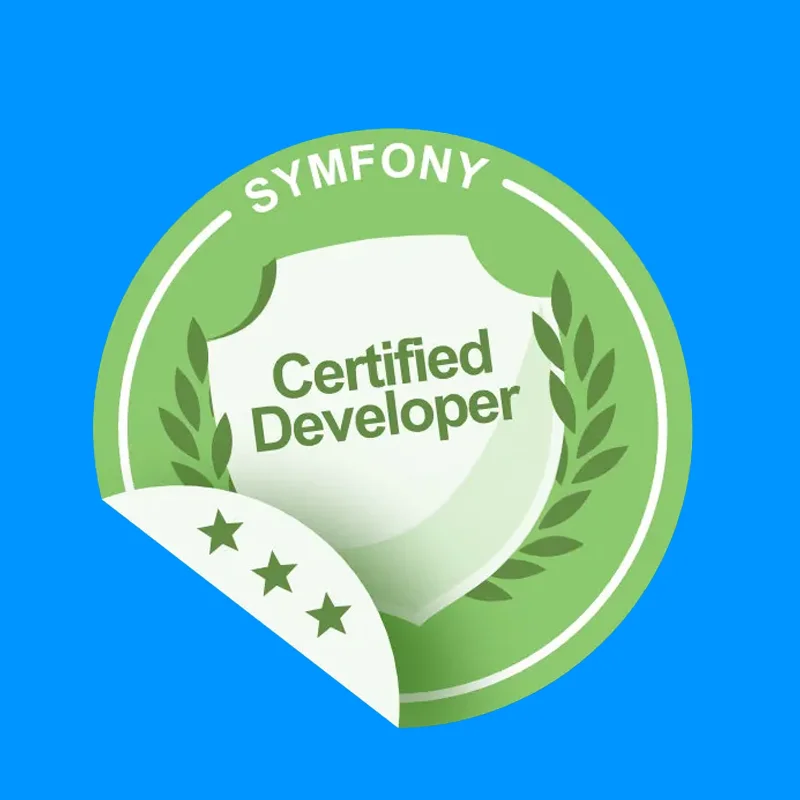
First SymfonyCon in Warsaw
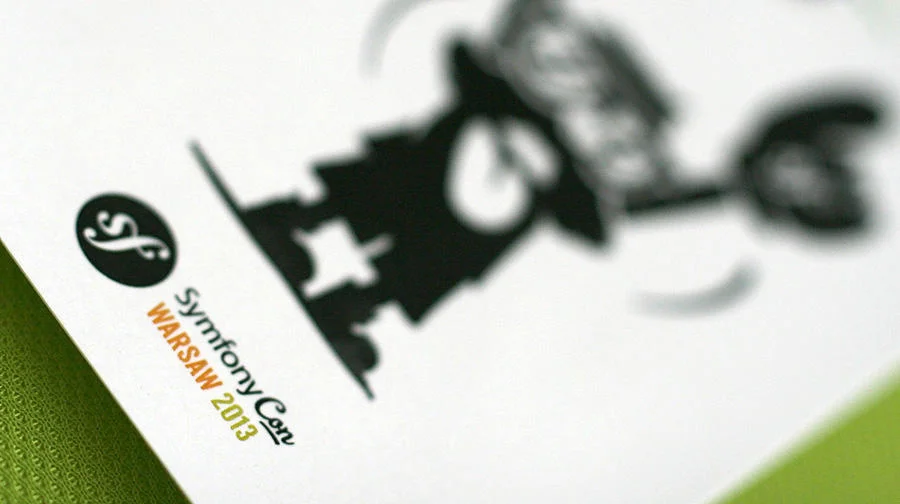
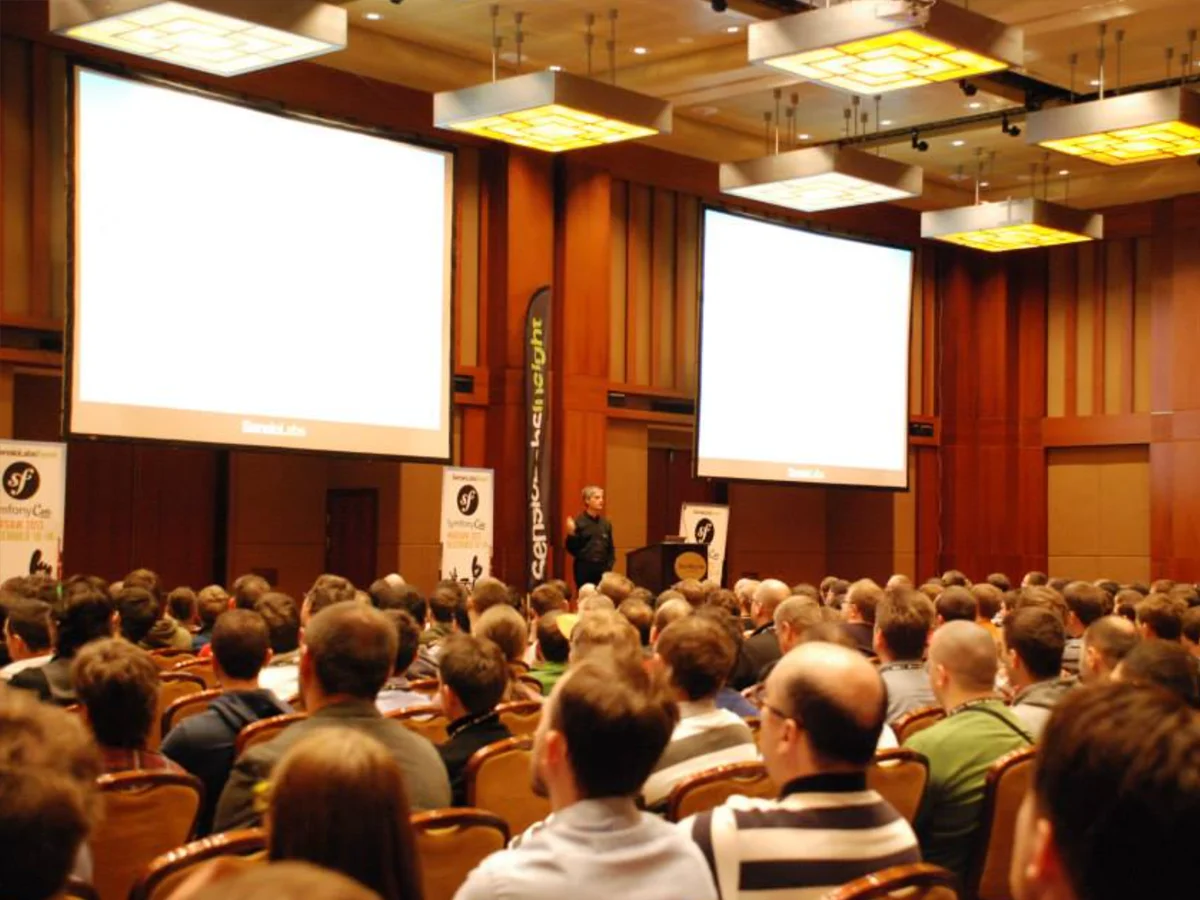

2014
Symfony Embraces Standards and Dev Experience
-
PSR Standards
Symfony embraces PSR‑3 (logging), PSR‑4 (autoloading), and PSR‑6 (caching), making it a cornerstone of modern PHP.
-
DX Tools
Profiler, Debug Toolbar, and the Debug component are revamped to improve the developer’s daily workflow.
-
Best Practices
The Symfony Best Practices guide becomes the official reference for building clean, maintainable applications.
API Platform Released
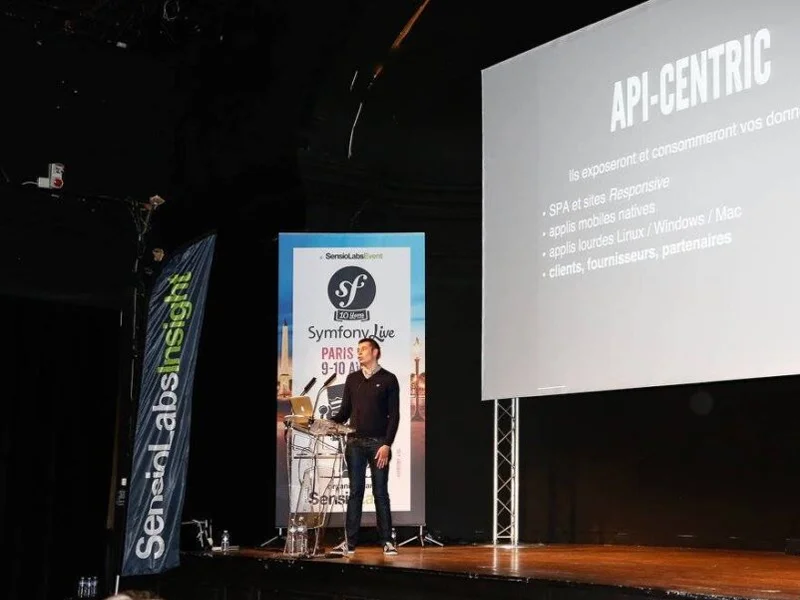
Symfony 3.0 Released
-
Deprecation Policy
Introduced a clear deprecation strategy to ensure smooth, predictable upgrades across versions.
-
Autowiring
Automatic injection of service dependencies simplifies configuration and paves the way for a better DX.
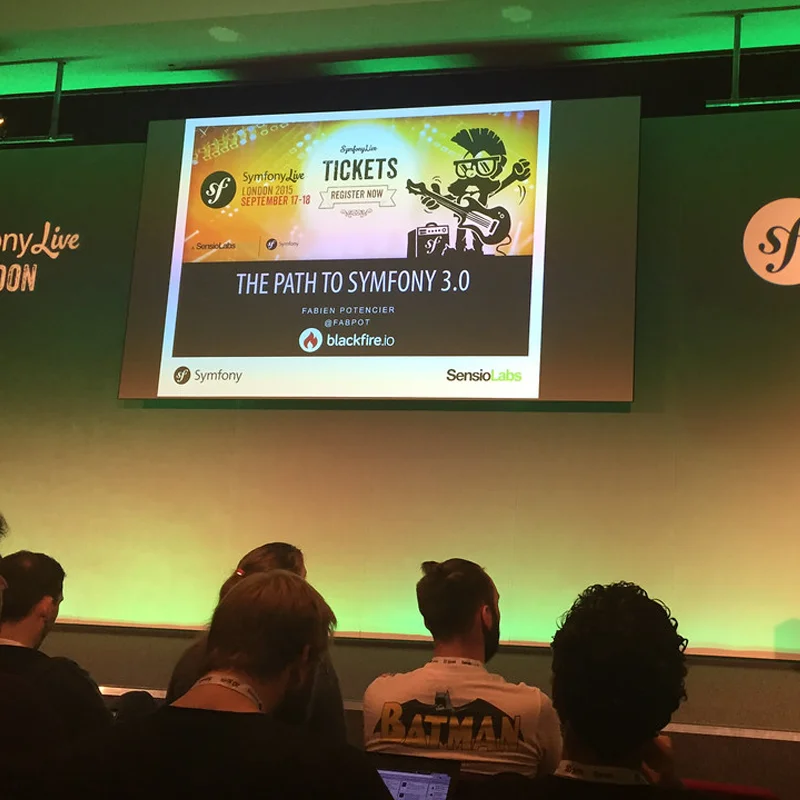
Symfony Celebrates 10 Years!
A decade of innovation, community, and open source leadership — and the very first Symfony elePHPant plushie is born.


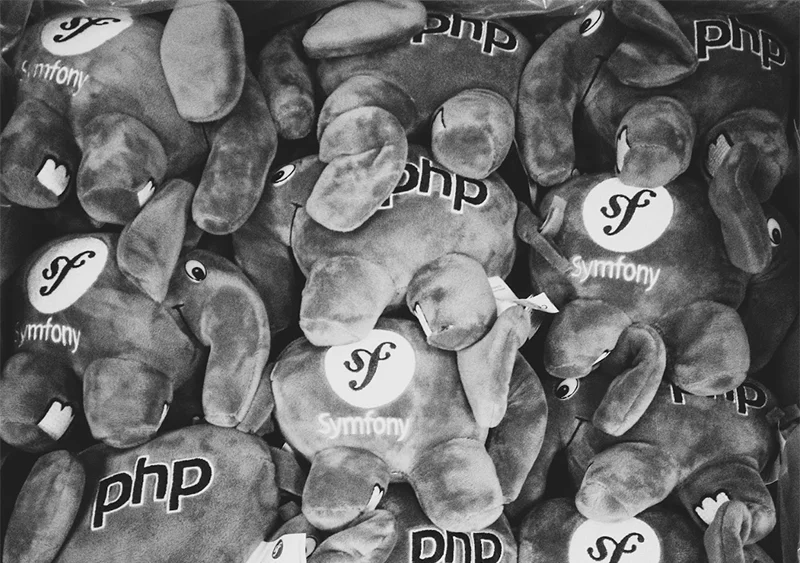
2016
Learning Symfony Gets Easier
-
Demo App
A full-featured Symfony Demo app is released to help developers explore best practices in action.
-
Docs Revamp
The documentation is fully restructured for clarity, simplicity, and accessibility.
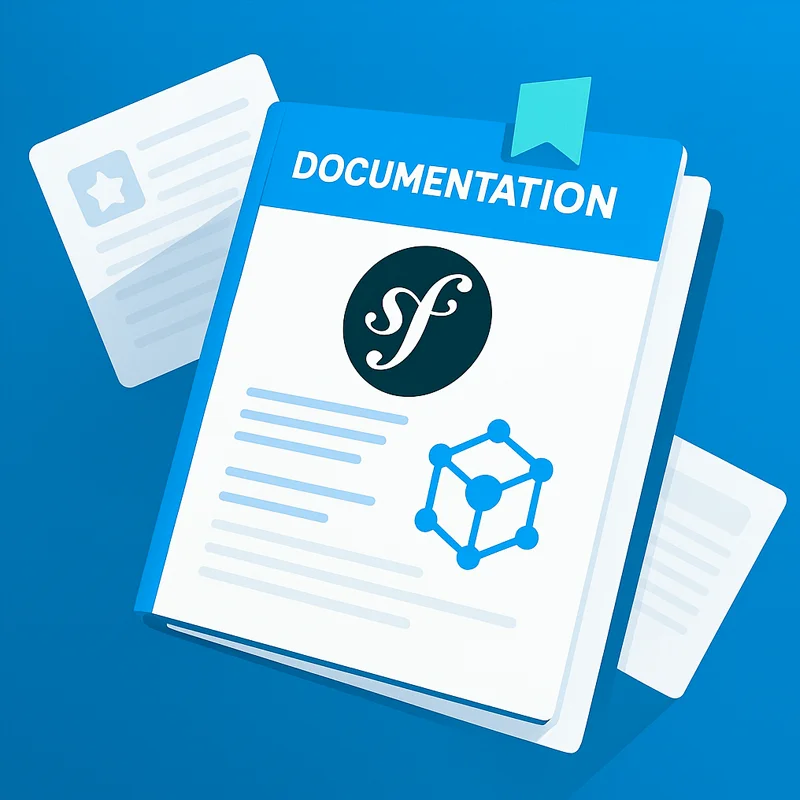
Symfony 4.0: Developer Experience Revolution
-
Symfony Flex
Composer-based automation for installing, configuring, and customizing packages with recipes.
-
Autoconfiguration
Services are auto-registered based on class type — reducing boilerplate and config.
-
MakerBundle
New developer tool to scaffold code quickly (controllers, entities, forms…).
-
Modular Apps
Projects can now start minimal and grow progressively by installing only what they need.
2017
Community, UX, and Milestones
-
Symfony UX
The foundations for Symfony UX are laid, bridging frontend and backend developer experience.
-
Diversity Initiative
Launch of the Diversity Initiative, promoting inclusion in the community — followed by the creation of the CARE team.
-
1B Downloads
Symfony passes 1 billion downloads — a symbolic milestone of its widespread adoption.
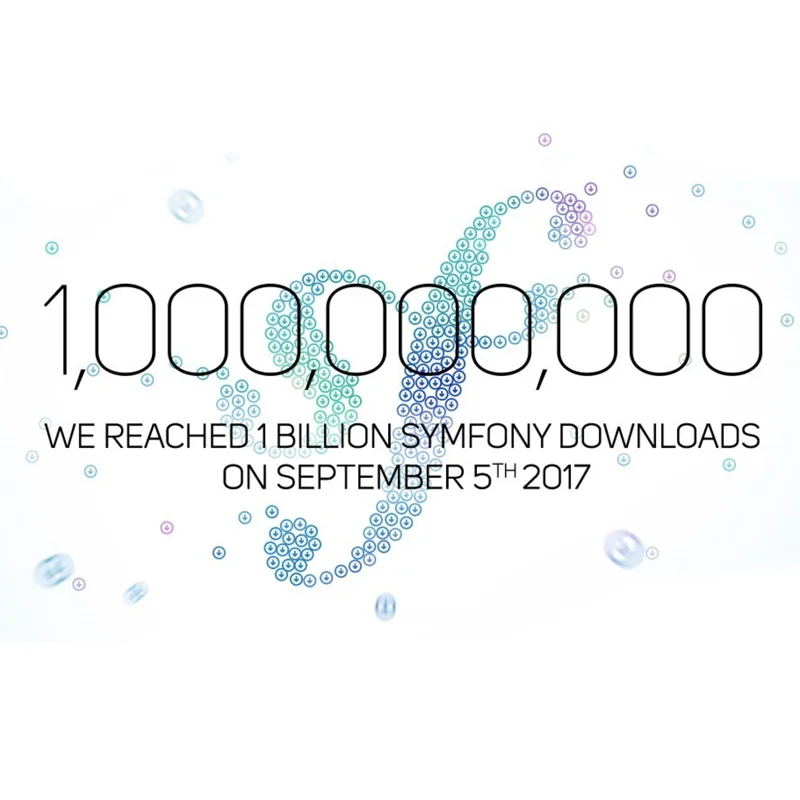
2018
New Tools for Modern Symfony Development
-
Symfony CLI
A command-line tool to manage, run, and deploy Symfony applications more efficiently.
-
SymfonyCloud
Launch of SymfonyCloud — a PaaS tailored for Symfony, enabling seamless deployment and hosting.
2018
A Thriving Ecosystem for Learning and Growth
-
GitHub Popularity
Symfony becomes the most starred PHP organization on GitHub — a sign of global recognition.
-
SymfonyCasts
SymfonyCasts joins the official Symfony family, offering high-quality learning content for developers.
-
DX Culture
Momentum builds around DX-first development — making Symfony more accessible and pleasant to use.
Symfony 5.0: Cleaner, Faster, Modern
-
Modern APIs
Legacy layers removed; APIs become cleaner, smaller, and easier to use.
-
Autowiring & Autoconfiguration
Becomes the default way to define services — no more verbose configs.
-
PHP Attributes (preview)
Initial support for native attributes begins, anticipating PHP 8.
-
DX-First
Focus on clear code, smart defaults, and developer happiness.
2019
Sharing Symfony: Book & Contributors
-
Symfony The Fast Track
Fabien Potencier publishes 'Symfony The Fast Track' — a community-funded book, translated and open-sourced by the community.
-
Top Backend Framework
Symfony becomes the backend framework with the highest number of contributors — all languages combined.
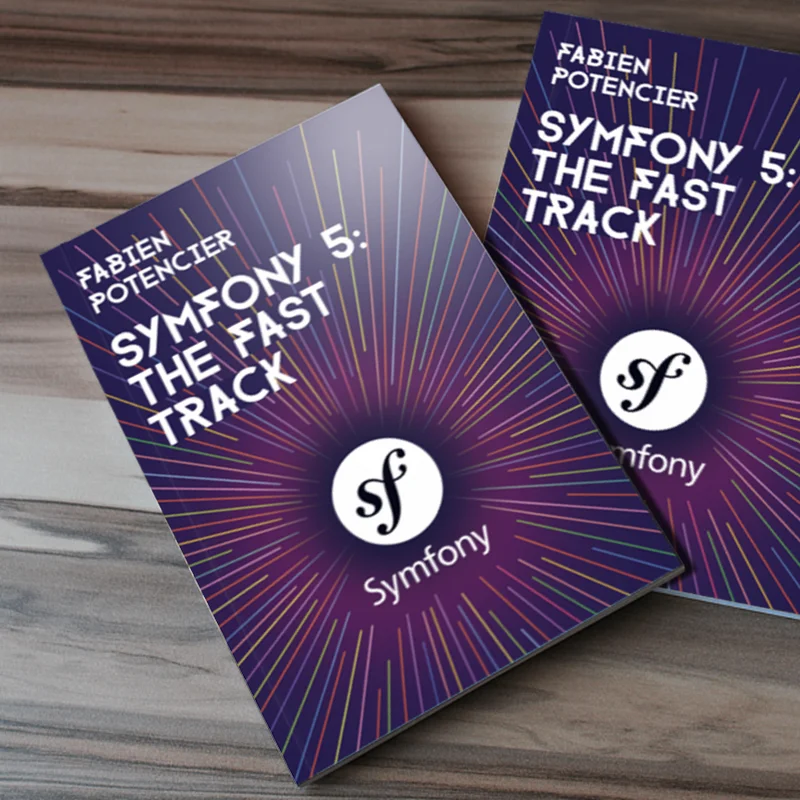
Symfony UX: Frontend, Reinvented
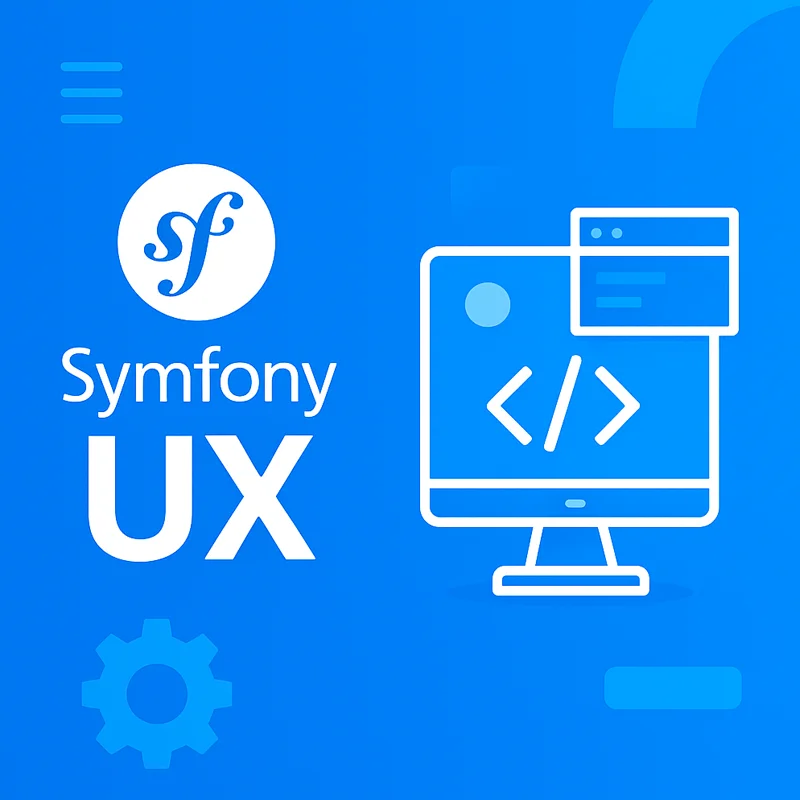
SymfonyOnline: Together, Remotely
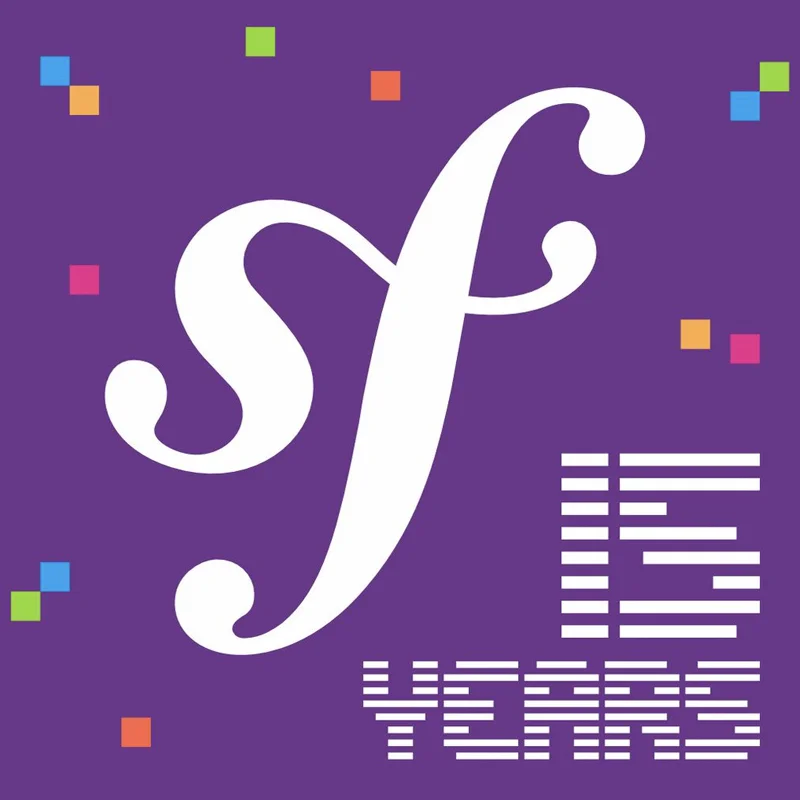
Symfony 6.0: Modern, Clean, Future-Ready
-
PHP 8.1+ Only
Symfony 6 drops all legacy support and fully embraces modern PHP.
-
Native Attributes
Attributes become the standard way to define routes, services, validation, and more.
-
Polished DX Tools
MakerBundle, Web Profiler, and Debug Component are refined for a smoother experience.
-
Backers Program
Symfony introduces the Backers Program, allowing companies to sponsor packages and releases.
2022-2023
Symfony 6.1–6.4: UX, Attributes & API-First
-
Flexible Attributes
Routing and service configuration become more expressive thanks to expanded PHP attribute support.
-
UX Packages
New Symfony UX components (modals, autocomplete, form UX) are released, and ux.symfony.com goes live.
-
API Platform Integration
Symfony tightens its integration with API Platform and modern frontends, strengthening its API-first capabilities.
2022-2023
FrankenPHP Launches
-
Modern
FrankenPHP is the modern PHP application server.
-
Fast
Unmatched performance when running Symfony/PHP applications.
-
Supported
Full Symfony integration thanks to Kévin Dunglas, from the Symfony Core Team.
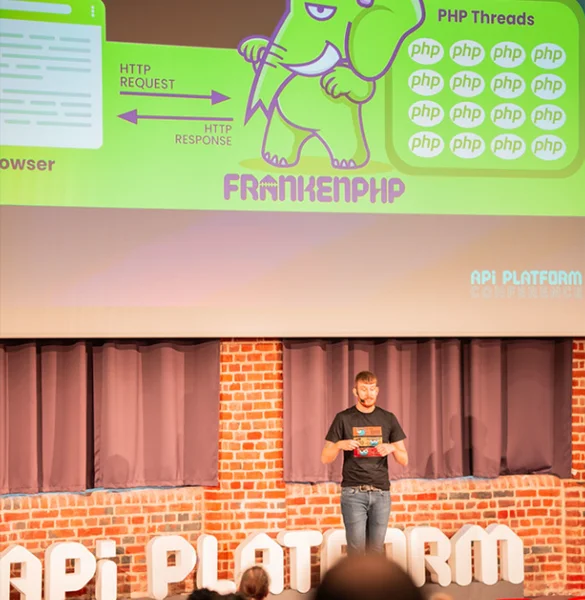
2024
Symfony 7.1: Clean, Lean, API-Ready
-
PHP 8.2+ Required
Symfony drops legacy support and moves fully into modern PHP territory.
-
Leaner Defaults
Projects start lighter and cleaner — optimized for API-first and frontend-rich use cases.
-
UX First-Class
Symfony UX becomes fully integrated and treated as a core experience for developers.
2024
Symfony Jobs Launches

2025
Symfony Turns 20: Two Decades of Modern PHP
-
250+ Packages
From HttpFoundation to Messenger, Symfony now offers over 250 reusable packages.
-
Massive Adoption
Tens of thousands of apps, APIs, CMSs, and tools are built on top of Symfony.
-
Industry Standard
Symfony is recognized worldwide as a benchmark for DX, stability, and clean code in PHP.
-
30 Billion Downloads
A symbolic milestone that reflects Symfony’s footprint in the modern web.

Happy Birthday!